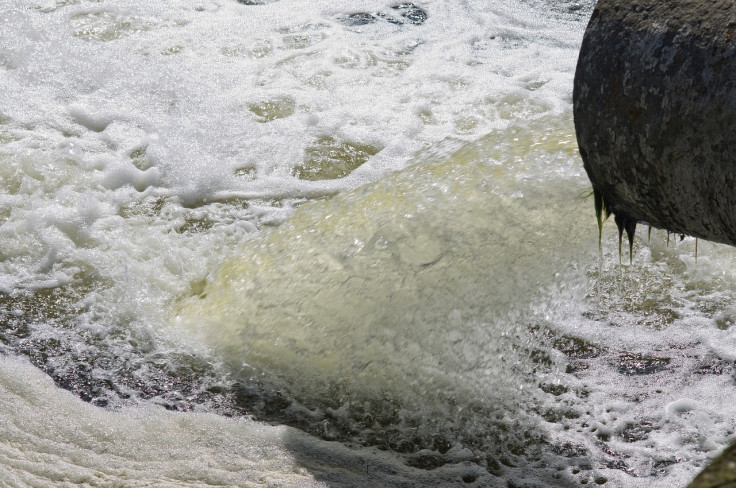
A group of California lawmakers has introduced legislation aimed at further tackling the pungent odor that has been plaguing San Diego counties over the past months, even leading some to leave the area due to the consequences it has had on its residents.
Concretely, the Border Water Quality Restoration and Protection Act is similar to other bills that sought to restore bodies of water like Chesapeake Bay and the Great Lakes, according to Border Report.
U.S. Senator Alex Padilla said the legislation seeks to go "on offense," as "raw sewage and toxic waste continues to shut down our beaches, air is threatening the health of our community and even jeopardizes training of our military and our border personnel."
If passed, the bill would designate the Environmental Protection Agency (EPA) as the lead agency and coordinate agencies across all levels to address high pollution levels in the Tijuana River.
The bill comes weeks after Democratic U.S. Rep. Juan Vargas announced a $400 million contract was awarded to refurbish a plant dedicated to treating wastewater in the area. The funds will be destined to the International Wastewater Treatment Plant located in the Tijuana River Valley. "Something is being done," he said, according to Border Report. "The contract has been let and we're moving forward."
The entity said the contract includes "essential rehabilitation of existing infrastructure and capacity expansion to double current treatment capacity of 25 million gallons per day (MGD) to reach 50 MGD average flow, with a peak hydraulic flow capacity of 75 MGD."
Rep. Vargas represents the district along the Tijuana River Valley, which has been heavily impacted by the sewage flowing into the area. He also lauded the legislation, saying it will help finally bring relief to his community.
"From terrible smells to closed beaches, toxic sewage pollution hurts our communities daily," Vargas said. "We must have a streamlined and effective federal response, but right now, there is no one agency in charge of addressing the pollution — there are too many cooks in the kitchen."
The situation in the area has deteriorated to the extent that the Centers for Disease Control and Prevention (CDC) has also gotten involved, with the body's Agency for Toxic Substances and Disease Registry announcing the collection of environmental sampling data and in order to issue recommendations to alleviate the situation.
The San Diego County has also launched a pilot program that will randomly give away air purifier to residents. Authorities allocated $100,000 to these devices in June as the issue escalated. However, some residents have continued raising concerns, saying they are not enough.
© 2025 Latin Times. All rights reserved. Do not reproduce without permission.





